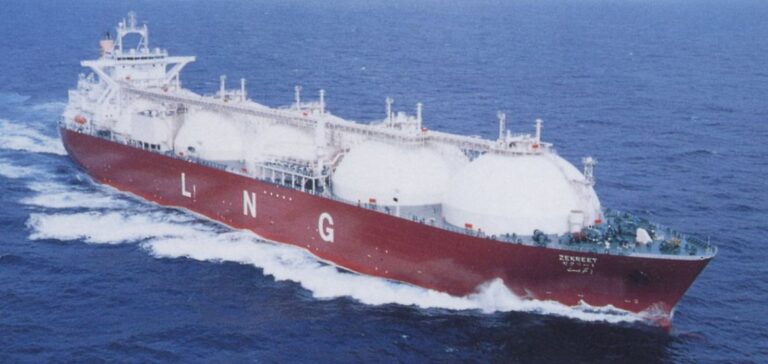Colombian President Gustavo Petro has ordered an official investigation into pricing practices of gas companies operating in Colombia, citing alleged cases of speculation concerning imported gas prices. According to Colombian authorities, several cities, including the capital Bogotá, have recently experienced price hikes of up to 36% in both domestic and industrial gas markets. Petro asserts that distributors are unfairly aligning local gas prices with those of imported gas, causing distortions within the domestic market. In response, the Colombian president announced an unprecedented direct gas import agreement with Qatar through the national oil company, Ecopetrol.
The reasons behind the presidential decision
Until now, Colombia primarily imported gas from the United States and Trinidad and Tobago. Therefore, this new agreement with Qatar represents a first for the country, driven by the official intent to stabilize domestic gas market prices. According to Gustavo Petro, importing gas from Qatar will allow Ecopetrol to obtain more competitive pricing, potentially benefiting Colombian consumers directly. While Petro did not specify the precise savings expected, he indicated the measure addresses months of tension arising from conflicting claims between suppliers and the government.
An investigation to regulate Colombia’s gas market
The president further stated that companies refusing to cooperate with the government’s investigation could potentially face exclusion from the Colombian gas market. At this stage, authorities have not publicly identified specific companies nor have targeted actions been taken against any suppliers. Nonetheless, Gustavo Petro explicitly referenced what he described as “theft,” publicly accusing certain gas suppliers of selling imported gas at significantly inflated prices compared to international benchmarks. Through this investigation, the Colombian government seeks to strengthen its ability to regulate internal market dynamics, particularly reducing vulnerability related to volatile international gas prices.
A delicate energy context in Colombia
Colombia’s decision comes amid broader uncertainties in its energy sector, following the government’s move in 2024 to cease awarding new contracts for oil and gas exploration. This policy, advocated by President Petro as part of a broader shift toward alternative energy sources, remains hotly debated within Colombia’s energy industry. Analysts within the energy sector have cautioned that discontinuing new gas explorations could lead to increased reliance on imports and potential future shortages. The move to import more gas from Qatar thus represents a critical step, raising important questions about the long-term implications for Colombia’s energy security.





















